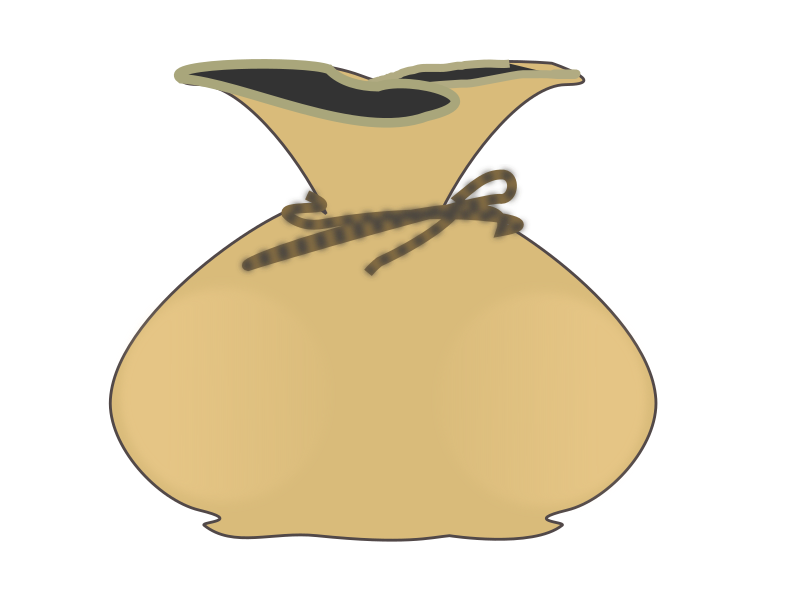No one is a born writer, contrary to what they may say. No infant comes out of the womb with story ideas. You've never heard of a writing prodigy who was completing novels at age 6. It is a learnable skill, one that you can hone and sharpen. There are ways you can become a better writer. Start using them.
Practice Makes Perfect
Remember when you learned to drive a car? You were shaky and unsure of yourself behind the wheel the first time. But when the car didn't go careening into the river and kill you right away, your confidence began to grow. You started to feel a little more comfortable. Now, you're whipping in and out of parking spots, burning rubber all over the city and fixing your hair while you set the air conditioning. We at Jade's blog advocate safe driving at all times. Please stay responsible.
The point is, the more you drove the better you got at driving. Writing is like that, too.






















